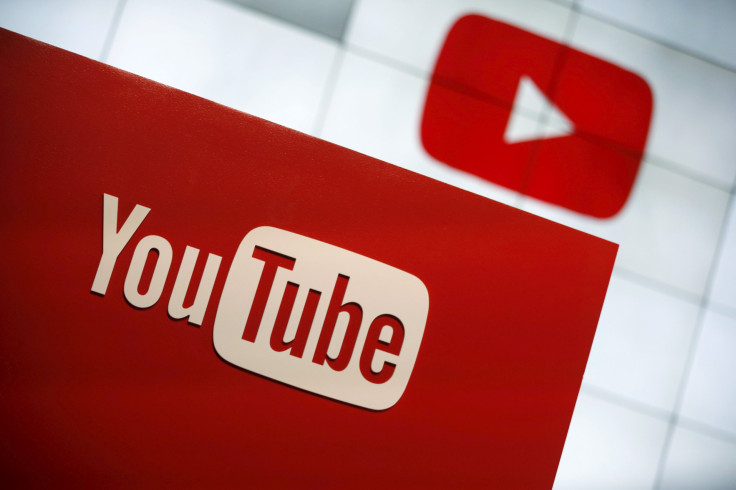UK And YouTube: Government Pulls Ads After Learning They Were Featured Next To Extremist Videos

The U.K. government has removed its advertisements from YouTube after concerns the ads were appearing next to “inappropriate material,” including videos with extremist views and of former KKK leader David Duke, the BBC , which was also affected, reported Friday.
"We have placed a temporary restriction on our YouTube advertising pending reassurances from Google that government messages can be delivered in a safe and appropriate way," the U.K. government said in a statement.
British officials have also summoned Google for talks at the Cabinet Office.
Read: Google Changes Search To Detect, Flag Incorrect Content, Fake News
The move from the U.K. officials comes after an investigation by The Times, which found extremists were making money off of government adverts funded by taxpayers. Ads for the Guardian, the BBC and Channel 4 were also found on extremist videos. The media outlets have pulled their ads addressing similar concerns. The Guardian’s chief executive, David Pemsel, said Thursday it was "completely unacceptable" for its ads to be misused.
The investigation found ads for the Royal Navy, the Royal Air Force, Transport For London, blood donation campaigns and the BBC were placed in videos by white nationalists, such as Duke. Ads were also placed in clips involving Steven Anderson, a pastor who celebrated the killing of 49 people at the Pulse nightclub in Orlando last year, and the Polish Defence League, a nationalist organization which posts content against Muslims.
Read: Google Introduces New iOS App That Lets Users Collaboratively Watch YouTube Videos
A YouTube poster usually makes about $7.60 for every 1,000 views. One video by the Polish Defence League against Muslims had over 48,000 views.
In response, Google said it had "strict guidelines" about ad placements but admitted "we don't always get it right."
"We accept that we don't always get it right and that sometimes, ads appear where they should not...We will make changes to our policies and brand controls for advertisers," Google said in a statement.
This isn’t the first time the U.K. has spoken against Google. The British government has previously criticized the company for not taking more steps to curb online abuse. European officials have also previously spoken against Facebook and Twitter for failing to decrease fake news and online hate speech on its platforms.
© Copyright IBTimes 2025. All rights reserved.




















